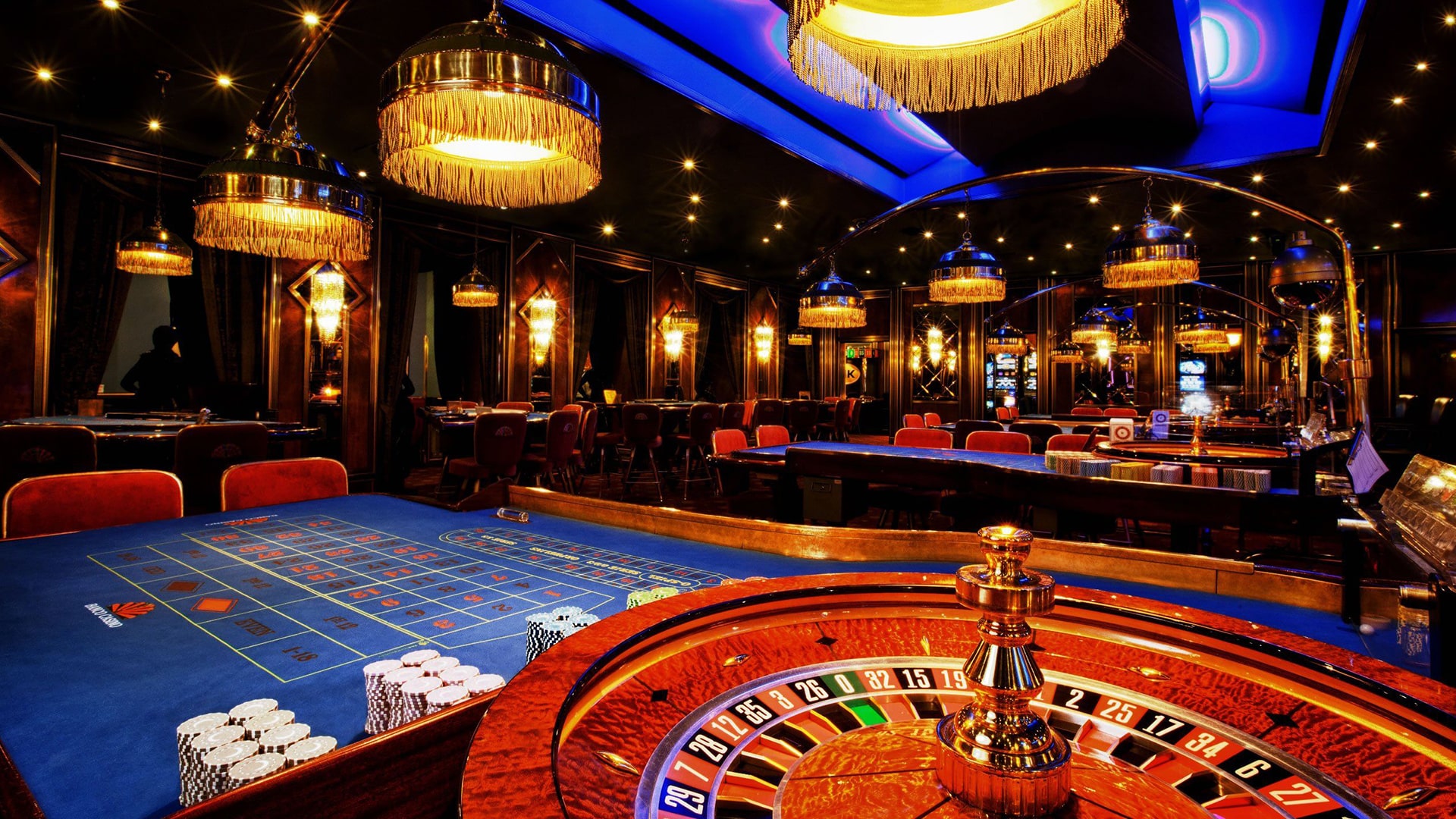
Casino games have long been a fascinating entertainment option, drawing millions of players from varied cultures around the globe. From the opulent casinos of Las Vegas to the thriving gambling halls of the Cotai Strip, these games serve as a link that connects people across various backgrounds. The allure of luck, tactics, and uncertainty entices not only those seeking to win money but also those seeking a feeling of belonging.
The significance of casino games extends far beyond the gaming floor. They often embody the social norms and principles of the communities in which they thrive. Games such as seven-card stud, pontoon, and roulette have integrated into the tapestry of popular culture, influencing everything from movies to fashion. As we explore this fascinating intersection of chance and life, we can better understand how casino games shape and are influenced by the surrounding world.
Historical Development of Gambling Activities
The beginnings of casino games can be tracked back to ancient cultures, where gambling in multiple forms was widely practiced. In the East, around two thousand three hundred years before Christ, a variant of gambling known as Keno was common, while in old Rome, soldiers would frequently wager on the consequences of their contests. The notion of using randomness for amusement and profit progressed over the years, leading to the formation of more formal games. By the end of the Middle Ages, gambling houses began to appear in Europe, particularly in Italy, which introduced early versions of famous games still played today.
As gambling increased fame in the continent, the 17th and 18th centuries saw the appearance of gaming houses as exclusive venues for betting. The initial official gambling house, the Ridotto, was established in the Venetian city in 1638, featuring games like Baccarat and the game Faro. This time marked a major turning point, as casinos commenced to draw not just the elite but also the burgeoning middle-income class. The complexity of activities evolved, leading to the development of new guidelines and modifications that enriched the experience of players.
In the 19th century, the industrial age and transformations in societal norms additionally transformed the terrain of gambling activities. The launch of roulette and modern slot machines drew a broader crowd, and gaming houses became seen as acceptable fun. This era witnessed the worldwide proliferation of casino activities, as casinos extended from Europe to the Americas, culminating in the development of the legendary Las Vegas Strip in the 20th century. The progress of casino activities has persisted into the present day, integrating new technologies and online platforms, rendering them available to a global population.
### Cultural Importance across Various Societies
Casino games have profound cultural value across numerous communities across the world. For instance, in Las Vegas, the very essence of the city is woven around gambling establishments, where gaming is not just a pastime but a key aspect of entertainment and community life. KO66 The dazzling lights and lively atmosphere attract millions, showcasing how gambling activities can shape local economical structures and cultural uniqueness. This surrounding transforms the notion of leisure into an enriching event that shapes style, music, and even film.
Conversely, some communities approach wagering with greater care, seeing it through the lens of morality and tradition. For example, in numerous Oriental cultures, games like Mahjongg and Pai Gow Poker are rich with history and possess significant social relevance. These games are often played during gatherings and celebrations, fostering community bonds and reinforcing family ties. The act of playing these games goes beyond mere amusement, reflecting principles such as honoring elders and the value of shared enjoyment.
Simultaneously, in European countries such as Monaco and Rome, gambling activities serve as symbols of opulence and sophistication. The elegant atmosphere of these establishments attracts both tourists and locals, upholding a sense of status and exclusivity. The art of poker and the strategic features of games like baccarat are esteemed, influencing interpersonal interactions and creating an appeal that captivates a varied audience. This underscores how casino games can both reflect and shape societal views towards hazard, reward, and community interaction.
Economic Impact and Tourism
Casino games play a significant role in the economic landscape of many areas, particularly those that rely heavily on tourism. The revenue generated from casino operations fuels local economies, creating employment opportunities not only within the casinos themselves but also in related sectors such as hospitality, restaurant services, and entertainment. This influx of tourists, drawn by the allure of games and the overall casino experience, stimulates spending across multiple businesses, contributing to the economic health of the area.
The presence of casinos often leads to the development of infrastructure, including lodging, public transit, and recreational facilities. These improvements are essential in improving the overall tourist experience, making destinations more attractive to tourists. Additionally, many casinos invest in local communities through sponsorship of events and charitable initiatives, further embedding themselves into the community structure of the locality. Such investment not only supports economic growth but also fosters a positive image of the gambling sector.
Moreover, the worldwide appeal of casino games drives competitive tourism, with regions vying to attract players from around the world. Iconic locations like Las Vegas and Macau have become synonymous with gambling culture, drawing millions annually. This competitive edge encourages innovation and diversification within the gambling sector, influencing trends in entertainment and hospitality that extend beyond their borders. The consequences of this tourism extend far, impacting local financial health and cultural exchanges on a global scale.